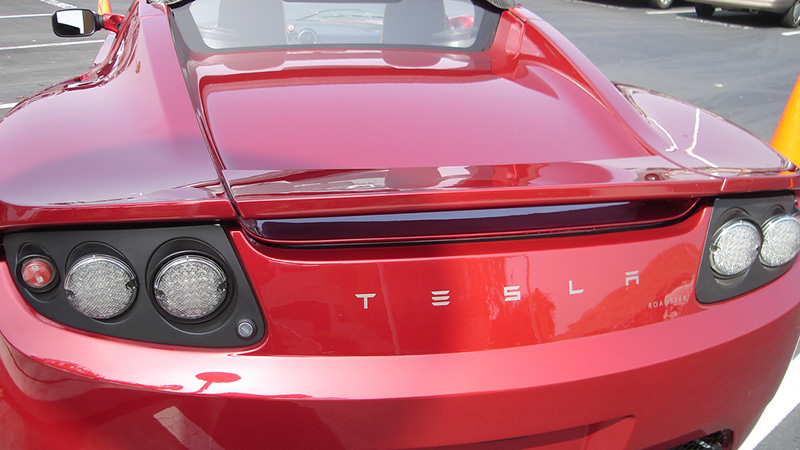As the messages of the fossil fuel divestment movement filter into the mainstream, money shifted out of coal, oil and gas is looking for a home.
Enter the Clean200, an index of firms worth at least US$1 billion apiece that are profiting from the low carbon transition.
LED lighting manufacturer Philips, wind power developer Xinjiang and electric carmaker Tesla are among the winners listed by NGOs As You Sow and Corporate Knights.
A dollar invested in this set in 2006 would be worth more than $7 today, driven by explosive growth in the Chinese sector. That compares to $2 for an index of fossil fuel majors published by the same NGOs last year and $3 for the S&P1200.
There is a survivor bias, the authors acknowledge – some green businesses that looked promising in 2006 might have gone bankrupt. Coal and oil’s fortunes could improve if prices pick up.
All the same, the analysis shows clean energy companies “are providing concrete and measurable rewards to investors,” said Toby Heaps, CEO of Corporate Knights.

Simulated analysis shows the Clean200 tripling the performance of the Carbon Underground 200 since 2006 (From Clean200 report)
The rankings are based on data from Bloomberg New Energy Finance. To qualify, firms must get at least 10% of their revenue from clean energy sources.
Utilities, oil and gas companies that get less than half their energy from renewable sources are excluded. So too are firms linked to child labour, arms manufacturing, deforestation or lobbying against climate policies.
It lets through firms like Toyota, in first place, on the strength of its hybrid and electric vehicle sales, while noting its products also drive petrol demand.
“Our intention with The Clean200 is to begin a conversation that defines what companies will be part of the clean energy future,” said Andrew Behar, CEO of As You Sow and the report’s co-author.
“The list is far from perfect, but begins to show how it’s possible to accelerate and capitalize on the greatest energy transition since the industrial revolution.”
